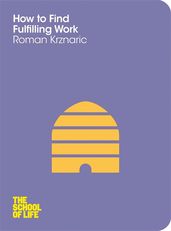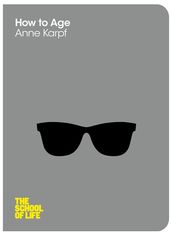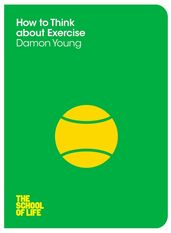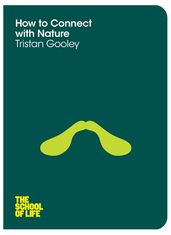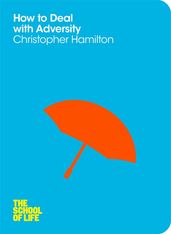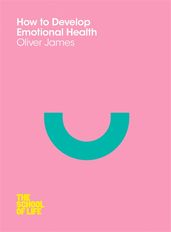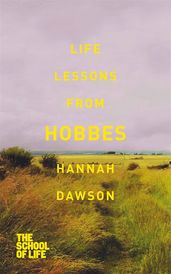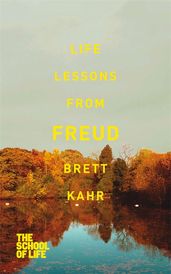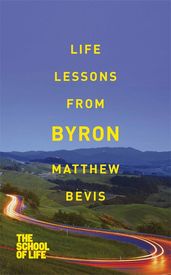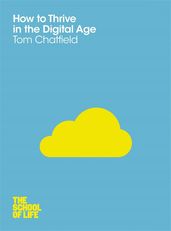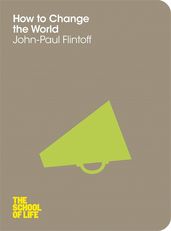Synopsis
The School of Life offers radical ways to help us raid the treasure trove of human knowledge' Independent on Sunday
Born in 1788, Lord Byron was an English poet and a leading figure of the Romantic movement. A prodigious poetic gift and a scandalous private life made him famous throughout Europe, and his masterpiece, Don Juan, became the biggest-selling work of the period. He remains one of the most provocative, seductive voices of world literature.
The Life Lessons series from The School of Life takes a great thinker and highlights those ideas most relevant to ordinary, everyday dilemmas. These books emphasize ways in which wise voices from the past have urgently important and inspiring things to tell us.
'thoroughly welcoming and approachable ... [Life Lessons from Byron is] a ringing affirmation of the power of poetry to reach down tot the essence, or at least the essences, of life ... If the six books in the Life Lessons series can teach even a few readers to pay passionate heed to the world - to notice things - they will have been an unquestionable success' John Banville, Prospect
'there is a good deal to be learned from these little primers' Observer
Details
Reviews
A new series of books from Alain de Botton's School of Life does for Hobbes, Freud, Kierkegaard, Nietzsche, Byron and Bergson what de Botton's books have done for classical philosophers and Proust. They are short, snappy reads, reminiscent of Maria Popova's Brain Pickings blog - aphoristic digests from history's great minds
thoroughly welcoming and approachable ... [Life Lessons from Byron is] a ringing affirmation of the power of poetry to reach down tot the essence, or at least the essences, of life ... If the six books in the Life Lessons series can teach even a few readers to pay passionate heed to the world - to notice things - they will have been an unquestionable success
The book is written out of this sense of intimacy with Byron which never seems forced or mannered. I get the impression that Dr Bevis must be an excellent teacher ... What I liked about this little book, and I liked it a lot, is that it treats Byron as a grown-up - and Byron was very much a grown-up (amongst other things of course). Bevis moves naturally from letters and journals to the poems and to comments by those who knew Byron well. I often read things written about Byron and do not recognise Byron in them, but here, all the time, is the presence of a thinking, feeling, sensitive, witty, modest, very odd, but always vital man who engages his readers with unusual directness and is always, as he claimed, essentially a moral poet ... I wish someone would give this book to Melvyn Bragg or Rupert Everett or even Fiona McCarthy. They would learn a thing or two from it about Byron. But any reader, new to Byron, or familiar with him would enjoy this superb little volume
there is a good deal to be learned from these little primers
